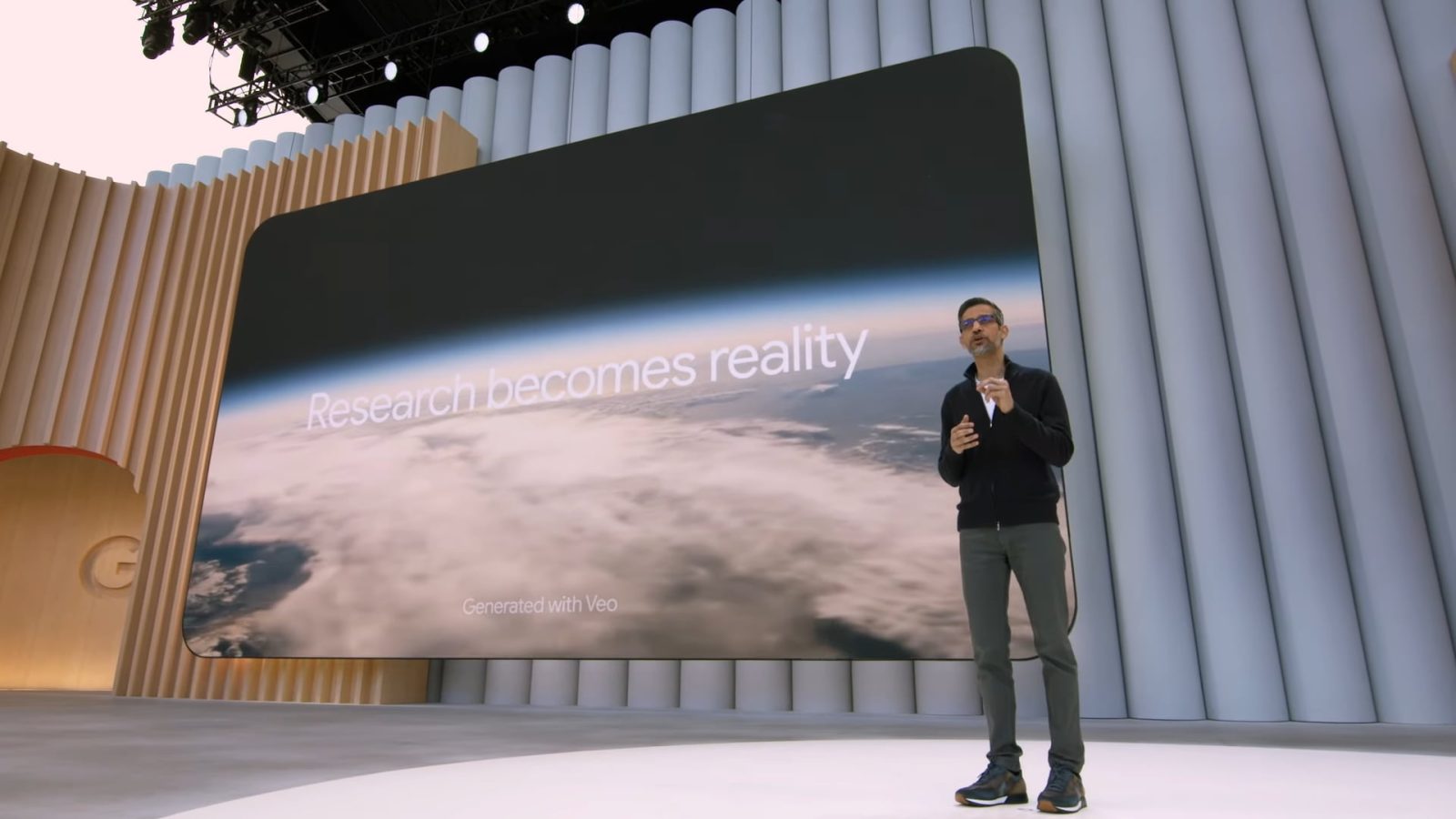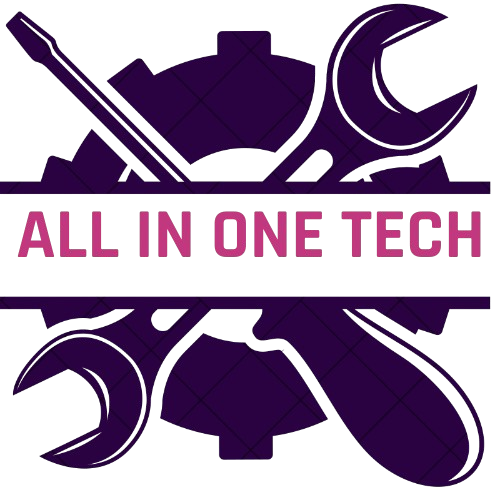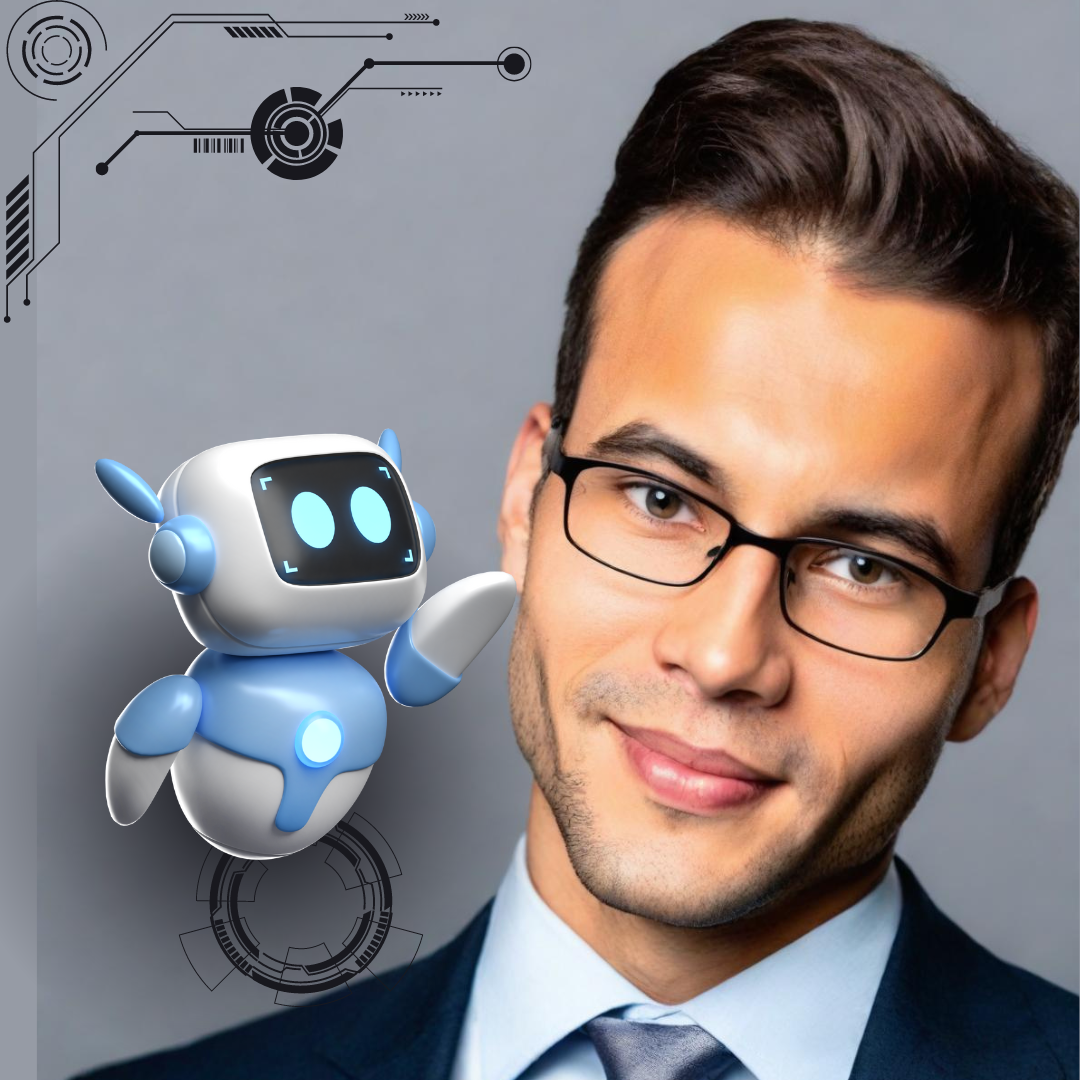
My decade-long personal and professional interest in Google comes down to how I think the company will invent the future. I’ve always seen it as a laboratory with — let’s say — unconventional scientists pushing the boundaries of what’s feasible.
That mental model/analogy aside, Google’s deep investment in foundational research — as made possible by advertising revenue — is underrated at times, while it has the systems in place to productize all that and bring it to the world with a high enough level of polish. Google described this as turning “Research into reality” throughout I/O and that’s one of their better overarching themes in recent years.
A proactive Google Now that helped organize things into a feed of cards was what got me to switch from iOS all those years ago. More recent announcements that felt futuristic at launch include Google Photos search, Google Lens — especially its OCR feature for copying text in the real world, and Google Maps Live View AR navigation when I’m on foot in a new place.
Google’s product sense isn’t perfect — with an unfortunately named track record attached to it — but I’d much rather have a company that tries different things. That’s especially true during technological era/paradigm shifts, like the internet, mobile and now AI.

Artificial intelligence is the hardest thing in the world to market. It can do so much, but the average person will only use a fraction of that. Uses of AI that really stick for a person might be super mundane and not transferable.
In my day-to-day life, I did not rush to adopt chatbots. I’m using it more now, but I still think the best application of AI involves applying it into the products people already use to supercharge search (like Ask Gemini in Google Photos) or to interact with information in new ways, like the Gemini side panel in Workspace apps.
After last year’s event, my takeaway was that Gemini could and should be Google’s last technological reset. With applied AI making its way through Google products, and more examples at I/O, the company is well on their way.
My best-in-show for I/O 2025 was a tease of something to come. Google spoke about how Gemini could one day see what’s on your Calendar — in this case a test — and help you prepare for it (with custom practice quizzes, which are rolling out now). A proactive smart assistant that can leverage your emails, calendar, and files will be one of the most meaningful applications of AI that could actually change how you go about your day. I’m eager for more habit-changing announcements that border on science fiction.
…today, most AI is reactive. You ask, it answers. But what if it could see what’s coming and help you prepare even before you ask?

Other highlights:
Project Astra’s next evolution is being able to control every aspect of your phone, including making calls. The latter is interesting when you trace the lineage from Google Duplex. I’m very curious to see how this changes the way people use their phones, or whether touch input will remain the primary way people interact with their mobile device. If it’s the latter, Astra will primarily be how people control XR headsets and glasses.
Calling it Google Meet “speech translation” is almost a disservice. It’s more like having a real-life translator on the call.
An underrated announcement was 2.5 Flash — with thinking/reasoning — becoming the default model in the Gemini app. I made the switch over from 2.5 Pro (exp) and the speed gains are really worth it.
I didn’t expect to like this initial version of Gemini in Chrome (that lacks browser agent capabilities) as much as I have in recent days, but having one-click access to Gemini in a persistent floating window has been so much nicer than navigating to a seperate tab.
An Android aside, literally
If what Google announced at The Android Show was part of the I/O 2025 Keynote, this would have been one of the best showings for Android at the annual event.
It would have been nice if both the Android 16 redesign and the Material 3 Expressive design language got proper stage time in front of a worldwide audience. Live demos are also so much better than pre-recorded presentations. I also think it would have been a nice way to familiarize people with the upcoming Google app revamps.
Meanwhile, it’s a bigger shame for Wear OS 6’s Material 3 Expressive redesign, which Google managed to keep a secret and would have been a true on-stage surprise.
I realize that the keynote was already just under 2 hours, but 10 minutes devoted to the mobile and wearable OS just before the XR glasses demo would have allowed Android to have an equal show to Google Search and Gemini. That being said, making Android 16 QPR1 Beta 1 available immediately somewhat made up for it.
New AI era
Artificial intelligence is going to change many, if not most, aspects of society as adoption becomes widespread. The impacts are certainly going to be greater than the internet and mobile. Google and other tech companies are acknowledging this right off the bat, which is good. However, I do think that acknowledgement should be coupled with solutions to the disruptions in the coming years.
FTC: We use income earning auto affiliate links. More.



